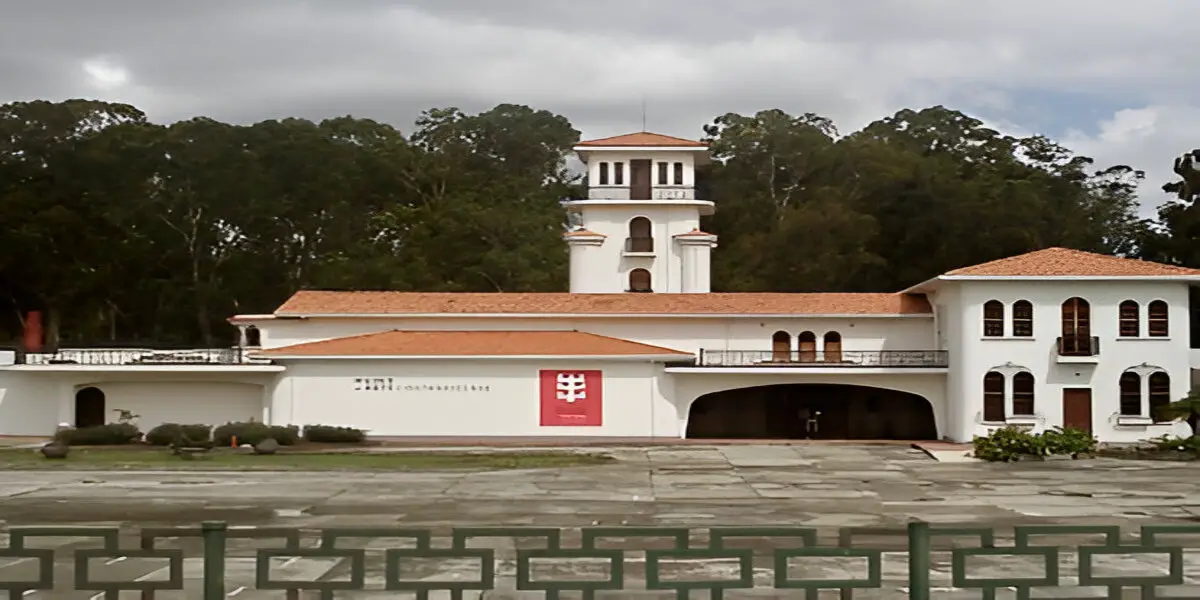Q24N — In a move to tie up loose ends to consolidate himself as dictator and have complete control over the other powers of the State, Nicaraguan president Daniel Ortega proposed a constitutional reform that would extend the presidential term by one more year, from five to six years, and would create the figure of “co-presidente” and “co-presidenta.”
The Secretary General of the OAS criticized the initiative and called it “aberrant.”
Ortega, sent to the National Assembly a proposal to reform at least a hundred articles of the Political Constitution.
– Advertisement –
In the proposal, the Ortega government also recommends the figure of a “co-president” and a “co-presidentess,” who would be elected “through public cote”, and the co-presidents would have equal power.
The term “co-president” was used by Ortega informally during a speech some time ago, but without any legal backing for it. Ortega then named his wife, Vice President Rosario Murillo, de facto “co-president.”
The “co-presidents” could name vice presidents “who will perform functions assigned to them,” according to the initiative.
The proposal was submitted to the ruling party-dominated National Assembly on Tuesday and is expected to be debated and approved quickly.
Assembly President Gustavo Porras described the sweeping reform as a “modernization of the Constitution.”
Presidency above other powers
The constitutional changes requested by Ortega also seek to disrupt national symbols. The government asked that the flag of the ruling Sandinista Front party be elevated to the status of a national symbol.
– Advertisement –
On the other hand, the government requested the power to “order the intervention of the Nicaraguan Army in support of the National Police, when the stability of the Republic requires it.”
The reform also establishes that the presidency will have complete control over the other powers of the State. “The Presidency of the Republic exercises the leadership of State and Government.”
It adds that “power resides in the people, and is exercised through direct democracy and the protagonism of the person, the family and the community.”
OAS rejects the proposal as “aberrant”
On Wednesday, the Secretary General of the Organization of American States (OAS), Luis Almagro, denounced that Ortega and his political allies aspire to “increase their absolute control of the State and perpetuate themselves in power” through this proposal.
– Advertisement –
“It constitutes an aberrant form of institutionalization of the matrimonial dictatorship and is a definitive attack on the rule of law,” Almagro’s statement said.
Comunicado de la Secretaría General de la OEA sobre propuesta de “reforma” constitucional en Nicaragua: https://t.co/5KqriQFR4A pic.twitter.com/17TbecEsW0
— Luis Almagro (@Almagro_OEA2015) November 21, 2024
Likewise, various sectors of the Nicaraguan opposition have rejected the proposed constitutional reform.
The businessman and former presidential candidate Juan Sebastián Chamorro said that the new Constitution will be “despotic” because it eliminates the form of government with “separation of powers” and establishes “the official flag.”
“Due to this violation of constitutional rights, some people will say that this is what happened in practice, but this is extremely serious. As Nicaraguans we must be aware of the magnitude of these changes. We must not accept it.”
Meanwhile, the Inter-American Center for Legal Assistance in Human Rights (CALIDH), a Nicaraguan NGO formed in Argentina, described the text of the reform as an “irreversible distortion of the constitutional text” that “elevates to constitutional rank the absolute distortion to which (Daniel Ortega) has subjected the State.”
The proposed constitutional reform was received by the National Assembly to be approved in its first legislature this year and ratified next year.
Nicaragua has been in a political crisis for more than six years, when protests against President Daniel Ortega, who has governed the country since 2007, arose.
Opponents describe Ortega as “a dictator” who has established himself in power through “electoral fraud” and maneuvers in the Political Constitution.
The government has described the proposed constitutional reforms as the “consolidation of what we have advanced in this revolutionary process.”
“It is a Constitution that consolidates what we have advanced in this revolutionary process of all Nicaraguans,” said the president of the legislative power, Gustavo Porras, sanctioned by the United States for violating human rights.
– Advertisement –
Source link
Q24N



